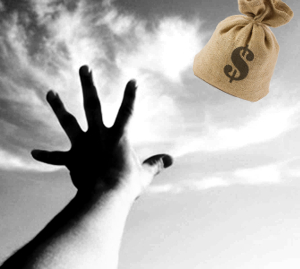Calls for big tax grab as giants hide their wealth
 Australia will seek to claw back billions of dollars that big mining, building and technology companies funnel out of the country to avoid tax.
Australia will seek to claw back billions of dollars that big mining, building and technology companies funnel out of the country to avoid tax.
The world’s finance leaders have agreed to launch a joint effort against tax crime by multinational firms.
While talk continues, so do the torrents of money flowing out of Australia from the activities of companies like Apple, Google, IKEA, BHP and Glencore.
The push came from the weekend’s G20 Finance Summit in north Queensland, where the finance ministers of the 20 richest countries in the world met to discuss the global economic future.
Among an incredible 900 proposals on the agenda for the three-day conference was a push to hit the 2 per cent economic growth target laid out at previous meeting, and talk about public and private infrastructure projects.
Australian Treasurer Joe Hockey said the G20 nations have now signed up to a global effort to combat tax avoidance.
“Our government is absolutely determined that Australian tax is paid on profit earned in Australia,” Mr Hockey said.
“Collectively we are very concerned about the ability of multinationals and high-wealth individuals to avoid or evade their tax liabilities.”
There have been a number of proposed ways to fight back against companies using tax havens to take billions from the local economy.
Apple is one of the worst for shovelling its profits overseas without paying tax.
A key idea is to increase transparency through a country-by-country reporting regime.
This would require multinational firms to report their income, profit before tax and income tax paid in each of the countries where they have operations.
They would also have to disclose their total employment, capital and assets in each of the countries.
Experts say these changes would provide much-needed information for tax authorities to identify targets for investigations.
A country-by-country reporting regime would also reveal international tax avoidance structures to the world, which would make the potential damage to a company’s reputation a much more serious risk.







 Print
Print